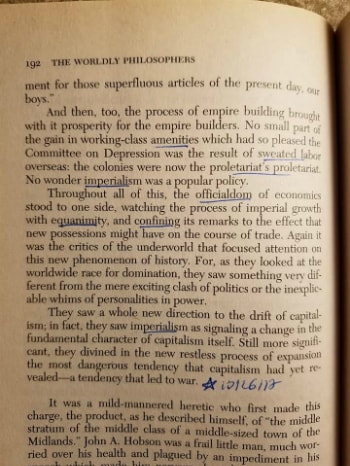Experience of not giving up when reading English books
When you first start, you should choose a book that has no more than 20 new words on each page and you should not constantly look up the dictionary.
For English learners, reading is both an exciting and challenging journey. The benefits of reading are not only contained in the knowledge that the book brings, but also in the exploration of language and intellectual challenge.
It is an opportunity to improve your vocabulary, grammar, expression, writing ability and sometimes speaking ability. But reading English books is not easy. How to conquer the book? Some suggestions below will hopefully help you have a smooth start.
 |
1. What do you like?
Many people ask, “What books should I read?” It’s an impossible question to answer. Some people like to read about economics, business, marketing, education. Others might like to read novels, astronomy, or animals. Before you read, ask yourself what you want to learn more about, then find a book related to that field.
2. Is the book easy or difficult?
Easy and difficult are relative concepts. But a book that is too difficult (lots of vocabulary, complex grammar) will be the fastest way to kill your interest in reading. The rule is to choose a book that has no more than 20 new words on each page.
3. Reading volume
If you don’t have time, you can read one page a day, but this is not the best option. One page of a book usually doesn’t provide much knowledge or stimulate the brain enough. If possible, reading at least 5 pages a day will help you get into a better reading flow.
It is important that you read every day to form a reading habit. Just 30 minutes before going to bed, but every day completing at least one page of a book, you will see yourself progress quickly.
4. Processing vocabulary and grammar
 |
Underline new words instead of looking them up in the dictionary right away. Photo: Quang Nguyen |
When you read, you will come across new words frequently. Should you look them up in a dictionary? The answer is no. Take a pen and underline all the words you don’t know. Read the whole sentence and put the word in context, guess the meaning and continue reading. That way, you don’t lose the flow of your reading.
Sometimes you don’t understand a whole sentence because of difficult grammar or phrasing. Underline the sentence and continue reading. That way, you may miss a sentence or a word, but you still get the flow of the story.
5. Summarize what you read
If you have time, summarizing what you have learned is helpful. It simply makes your reading meaningful. Sometimes you read 10 pages and only like one sentence, that is enough for 10 pages.
After reading for a while, you will find that you have less trouble with new words and grammar. And if you start writing or speaking English, the language will flow naturally.
According to VNE
| RELATED NEWS |
|---|





.jpeg)


